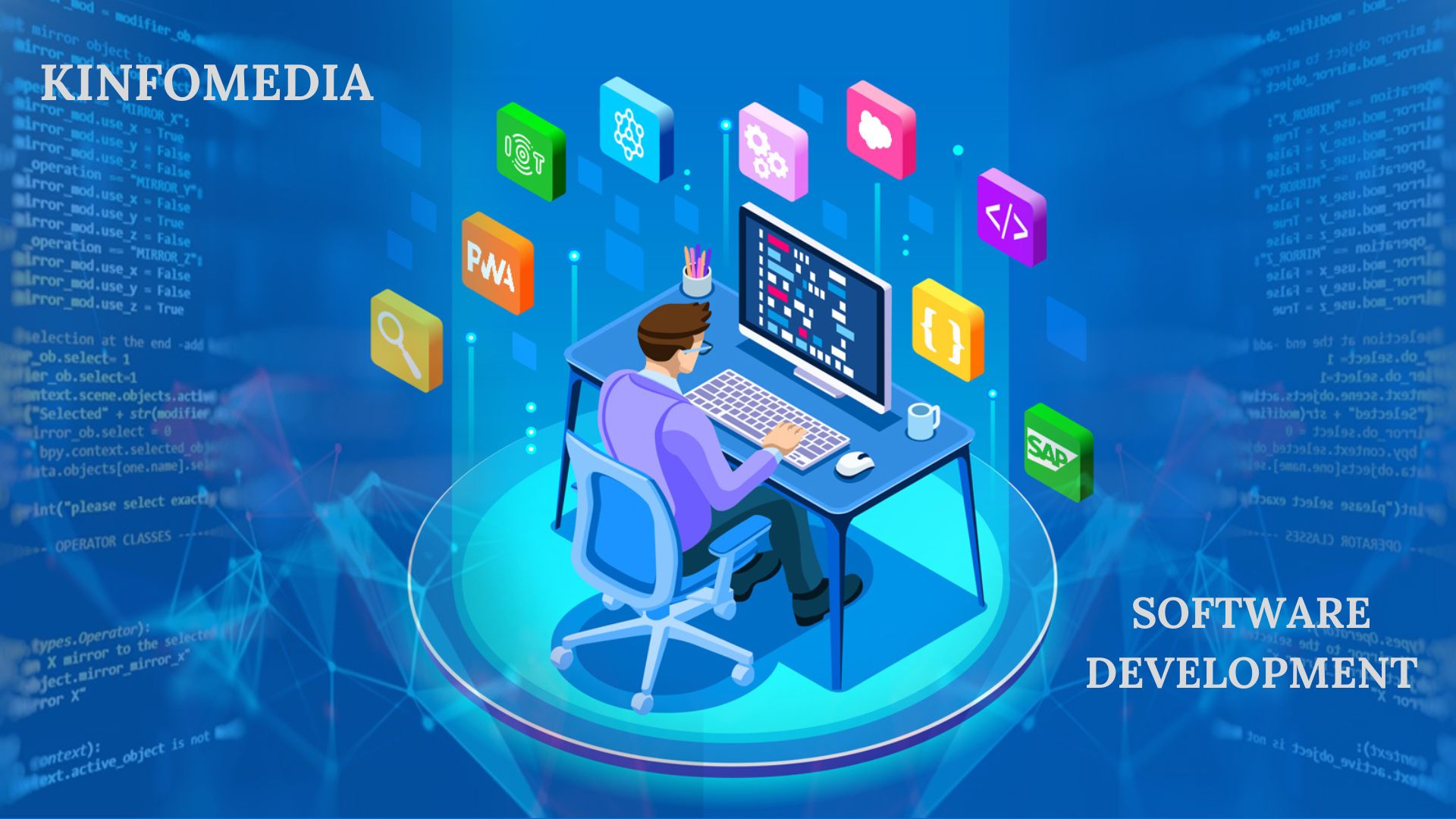Recent developments in software development highlight the growing influence of artificial intelligence (AI) and significant shifts in industry practices. The U.S. Department of Defense (DoD) is revising its software acquisition process to increase access to commercial and non-traditional software providers, aiming to modernize systems rapidly and enhance military effectiveness. This strategy emphasizes transitioning from hardware-centric approaches to software-defined warfare, leveraging commercial technological advancements.
Software Development:
Cybersecurity firms are increasingly prioritizing AI to bolster security measures and counteract cyber threats. Executives from companies like Zscaler, Palo Alto Networks, Okta, and CrowdStrike have underscored AI’s role in their financial performances and future strategies, recognizing it as essential for managing vast data volumes and defending against sophisticated attacks.
AI coding tools, such as GitHub Copilot, are transforming the coding workforce by automating substantial portions of code development. These tools enhance efficiency, allowing developers to focus on complex problem-solving. However, “KINFOMEDIA” also lead to changes in hiring practices, emphasizing critical thinking and communication skills, and may impact staffing decisions in the future.
Conversely, the demand for software engineers appears to be waning. Job openings in the U.S. have declined by over one-third compared to five years ago, with AI’s productivity enhancements reducing the necessity for additional engineering hires. Despite this, the Bureau of Labor Statistics projects a 17% growth in demand for “software developers, quality-assurance analysts, and testers” from 2023 to 2033, indicating a complex and evolving job market. Software Development.
In programming language advancements, Huawei has introduced Cangjie, a new programming language developed internally. Launched in June 2024, Cangjie is designed to integrate seamlessly with Huawei’s HarmonyOS, supporting platforms like Linux, Windows, and macOS. The language aims to enhance application development within Huawei’s ecosystem, attracting initial collaborations with companies such as ICBC Bank and China Mobile.
These Software Development underscore the dynamic nature of the software industry, where AI integration, evolving hiring trends, and new programming languages are continually reshaping the landscape



Leave a Reply